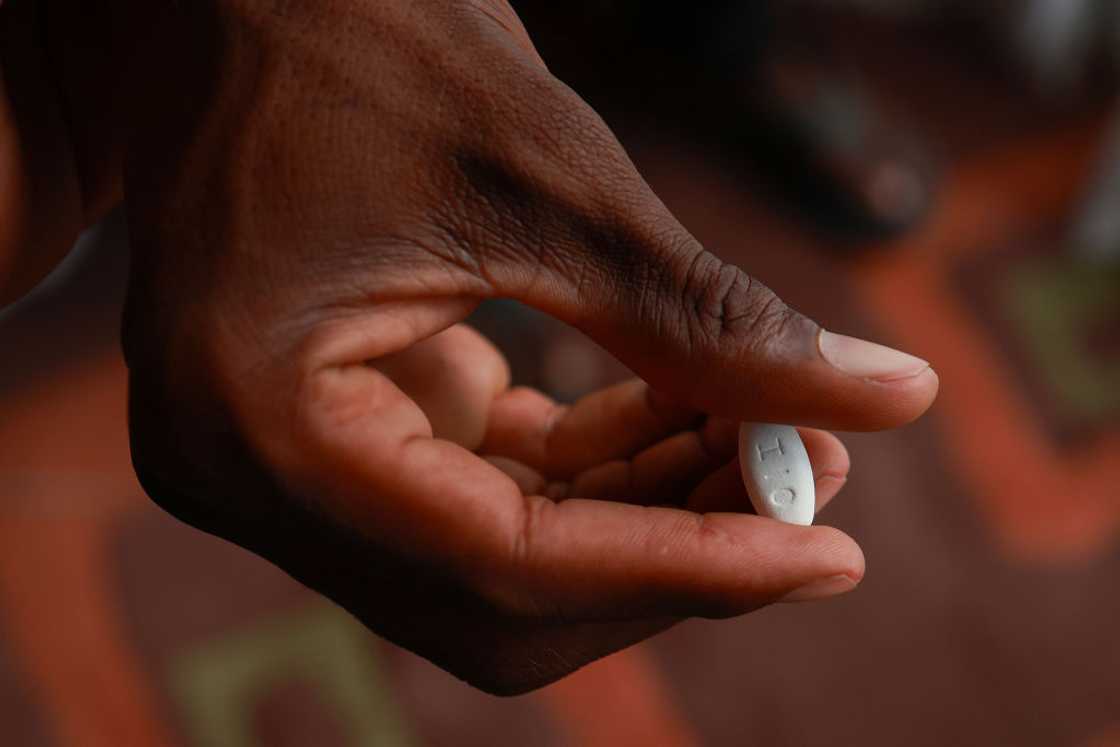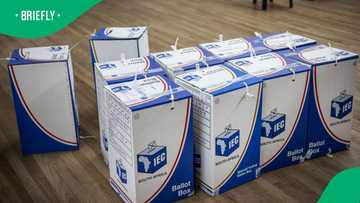North West University Study Finds Antiretroviral Drugs in Water Sources, South Africans Astounded
- Studies from the North West University have found that water sources in South Africa contain traces of antiretroviral (ARV) drugs
- The university released the results of the reports and the impact that this could have on public health
- South Africans were taken aback as many questioned what impact this may have already had on citizens
PAY ATTENTION: You can now search for all your favourite news and topics on Briefly News.
Tebogo Mokwena, a dedicated Briefly News current affairs journalist, contributed coverage of international and local social issues, including health, corruption, education, unemployment, labour, service delivery protests, and immigration in South Africa, during his seven years at Daily Sun and Vutivi Business News.

Source: Getty Images
JOHANNESBURG — South Africans were stunned after a study revealed that traces of ARVs have been found in water sources.
According to a North West University study that was published earlier this year, traces of ARVs have been found in South Africa's water. Professor Surani Horn from the university's Occupational Hygiene and Health Research Initiative found trace levels of ARVs in the water.
She said that this means that the aquatic organisms and environment exposed to it could be affected by the ARVs. However, there is an uncertainty about how it affects marine organisms.
PAY ATTENTION: Briefly News is now on YouTube! Check out our interviews on Briefly TV Life now!
Do trace levels of ARVs in water have an impact on humans?
Professor Horn stated that numerous tests must be conducted to determine if they have any impact on human physiology. She said that the recent developments in treating HIV might result in challenges in managing the pharmaceutical residues in the environment without compromising healthcare.

Source: Getty Images
HIV-related news in South Africa
The Centre for the Aids Programme of Research in South Africa's director, Professor Salim Abdool Karim, said in 2024 that a cure for HIV/AIDs could be possible within a decade. He spoke during World AIDs Day in KwaZulu-Natal and said that efforts have been made to use antibodies with ARVs.
The government announced that the Department of Health would provide HIV patients with ARVs for six months after United States President Donald Trump cut aid to South Africa. Health Minister Dr Aaron Motsoaledi revealed that the government procures a large percentage of ARVs in South Africa and is not donated by the United States.
What did South Africans say?
Netizens commenting on Facebook were stunned.
Bruno Valterio said:
"Jesus turned water into wine. In SA, we managed to turn water into ARVs."
Kgomotso Gume said:
"I think the contributing factor may be medication that is being flushed and thrown into landfills. This can cause contamination of either underground water sources or tap water."
Luella Naido said:
"Exposure to low levels of ARVs in the environment could potentially contribute to the development of drug resistance in HIV-positive individuals who are not yet on treatment, making their future treatment more challenging."
Thapelo Mapho said:
"They are forcing everyone to drink ARVs."
Andile Mcimbi said:
"I think people who are taking drugs, and the drugs are excreted through bodily waste, can lead to the presence of ARVs in sewage. When this sewage is treated and recycled into water. The ARVs can potentially remain in the water supply."

Read also
IEC confirms the rejection of the Islamic State of Africa's registration as a political party
KZN scientists conduct HIV cure trials
In a related article, Briefly News reported that scientists from the University of KwaZulu-Natal's Africa Health Research Institute conducted a study on a group of Umlazi women to find a possible cure for HIV.
The study involved 20 women who were given two neutralising antibodies, which were created to bind to HIV and stop it. The study found that four out of the 20 women were able to control their viral load to an undetectable level.
PAY ATTENTION: Follow Briefly News on Twitter and never miss the hottest topics! Find us at @brieflyza!
Proofreading by Roxanne Dos Ramos, copy editor at Briefly.co.za.
Source: Briefly News



